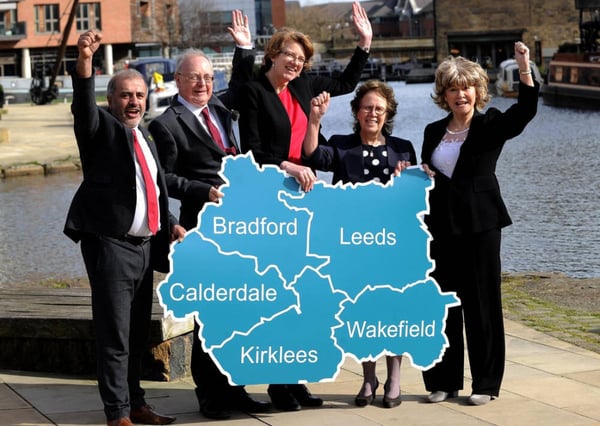Brief Encounters: How to Write Effective Policy Papers
The humble policy briefing or submission document is a fundamental instrument of the democratic process. Putting the right facts in front of decision-makers to help them make informed judgments is a vital pillar of effective government.
But as with any skill, there’s a good way and a bad way to do it. I was taught early on in my career how to put together a good briefing document and those principles have stood the test of time. Clarity of writing and brevity are still hugely underrated qualities. How many times do people go to meetings and say it's hard to get through all the papers? As public servants, we’re in the business of writing papers that help people to make good decisions.
These information and decision papers go right to the heart of good government. Politicians have been voted into office on the basis of the commitments they've made to the electorate, so public servants have a responsibility to collate and present the information that allows them to make informed, democratic decisions. If your briefing documents follow these four golden rules, you’ll go a long way to making that happen.
Keep it short
It sounds obvious, but so often it doesn’t happen. Aim for two, but certainly no more than four pages in length. Put the supporting information in annexes - don’t put it in the main body of the paper - people will go to it if they need to. There will often be scenarios in which there are huge amounts of data and information - the challenge is to condense it and present only the most pertinent information.
The do-nothing option
Always have a do-nothing option, because it exists, and sometimes the better thing to do is to stop.
The hero option
Always have a courageous option, so people can see how radical it can be. Understanding the scale of risk and opportunity is crucial context for politicians to make decisions.
Define and answer the question
Every document should start by explaining what it's trying to achieve. If a Government Minister or a Council Cabinet Member doesn't recognise that question, you have a problem.
Exposing that lack of understanding in a decision-making scenario is an important aspect of the political clarity and accountability in your processes. In local government, the area where we most often see this issue playing out is in planning, where councillors need to be supported by officers in unpacking the issues around decisions. One of the great strengths of the Planning Inspectorate is its laser-like focus on what the law says and taking emotion out of the process.






